
NATO Secretary General Jens Stoltenberg chairs a foreign ministers' meeting of the bloc in Brussels, Belgium, April 7, 2022. (Photo/Xinhua)
Alliance chief's distortion of efforts to promote peace aids no one, experts say
Provocative comments by NATO Secretary-General Jens Stoltenberg have once again distorted China's responsible position of promoting peace talks to resolve the Ukraine crisis and served to hype up Beijing's supposed threat to the security of the Western alliance's members, analysts said.
Stoltenberg said amid meetings of NATO foreign ministers last week that NATO allies see it as "a serious challenge" that China has not condemned Russia over the conflict with Ukraine.
He said that NATO's next iteration of its Strategic Concept will for the first time take account of the systemic challenges to the security of democracies posed by China's "growing influence and coercive policies".
And to make NATO members feel safer and more secure, he expected that they will deepen their cooperation with Asia-Pacific partners, including in areas such as arms control, cybersecurity, and technology.
It was also for the first time that foreign ministers from the United States' Indo-Pacific allies-Australia, Japan, New Zealand and South Korea-participated as a group in a NATO ministerial meeting.
Xu Liping, director of the Chinese Academy of Social Sciences' Center for Southeast Asian Studies, said NATO's eastward expansion and its moves to deepen cooperation with Asia-Pacific partners to build a new form of military alliance displays a trend that is "very dangerous" to world peace.
"NATO has deliberately played up the 'China threat' to make their move of smearing and suppressing China legitimate," he said. "The accusations are false because China's national defense construction is defensive in nature and is not aggressive at all."
He said NATO has acted as an instrument for the U.S. to retain its hegemony and contain other countries' development. Under the pretext of the Ukraine crisis, the U.S. has deliberately driven a wedge between Europe and China as it tries to find an excuse for some of its moves in the Asia-Pacific region.
Chen Yang, an associate professor of European studies at the China Institutes of Contemporary International Relations, said that the comprehensive containment of China has become the established strategy of the U.S. in recent years. After the Russia-Ukraine conflict broke out, the U.S. further strengthened its control over NATO. Under such circumstances, it is not surprising that NATO is following Washington's lead and even forging alliances in the Asia-Pacific region to bind the trans-Atlantic alliance to Japan, South Korea, and Australia. "But NATO's rhetoric on how it frames China is hollow and clumsy," Chen said.
Following the outbreak of the conflict in Eastern Europe, NATO hurriedly joined Washington in a bid to obstruct a political settlement, fan the flames and magnify the regional conflict, Chen said. It did so by providing Ukraine with money and weapons and pummeling Russia with sweeping and indiscriminate sanctions. Such efforts "can't bring peace or security", Chen said.
Instead, China, with an objective and just attitude, has been working actively toward realizing a cessation of hostilities as soon as possible, averting a humanitarian crisis and restoring stability, Chen said.
China adheres to an independent foreign policy of peace and reaches its own conclusions on an issue's merits. But ironically, while accusing China of "coercive policies", NATO has been busy pressuring other countries to take sides in the conflict.
Openness required
Sven Biscop, director of the Europe in the World Programme at the Egmont-Royal Institute for International Relations, said there is a debate proceeding among the NATO allies. While the U.S. wants to see China more prominently on its agenda, the European countries are less inclined to do so because they don't see China as "a military threat".From that standpoint, Europeans feel that "the European Union is better suited to make policy on China".
Biscop said that a new Cold War-type confrontation would be in nobody's interest, and avoiding it requires openness on all sides.
Cui Hongjian, director of the European studies department at the China Institute of International Studies, said that it is worth observing any shift in how NATO describes China: from a "challenge" in the current phrasing to its potential designation as a so-called "threat" in the next Strategic Concept, which will be finalized for the Madrid summit of alliance members in June.
He said the U.S. has been exploiting the Ukraine crisis by trying to convince Europe that China is a "threat "to Europe and that China is in the same position as Russia amid the crisis, so that Washington can urge its European allies to work together to smear, contain and suppress China.
Cui said that previously, European countries have had different concerns with the U.S.. While the U.S. has long sought to retain its hegemony, the European countries focused more on economic challenges from China but did not see China as a threat to their security.
"Europe used to consider the U.S. policy toward China too confrontational, which is not in the interests of Europe," he said. "But as the Russia-Ukraine conflict lasts, Europe, which is hugely affected, is becoming more emotional, so whether the U.S. will successfully affect their attitude toward China still is unclear."
China's Foreign Ministry spokesman Zhao Lijian said in a daily briefing on Monday that for some time, Stoltenberg has disregarded the facts and confounded black with white when making groundless accusations and smears against China.
"He has made irresponsible comments on China's foreign policies, touted the 'China threat' and even used coercion on China recently," he said. "China deplores and rejects this, and has made solemn representations with NATO many times."
As the largest military alliance born out of the Cold War, NATO has long adhered to an obsolete concept of security, engaged in bloc confrontation according to the playbook of the old Cold War, and reduced itself to some country's tool for its hegemonic aims.
While claiming to be a defensive organization, NATO has been constantly making trouble and creating confrontations. While asking other countries to abide by the basic norms governing international relations, NATO has waged wars against sovereign countries and fired shells indiscriminately in ways that caused civilian deaths, he said.
Zhao added that China has always been a builder of world peace, a contributor to global development, and a guardian of international order.
He urged NATO to immediately stop spreading disinformation and making provocative remarks targeting China, and abandon the confrontational approach of drawing ideological lines.
"NATO has disrupted Europe. It should stop trying to destabilize Asia and the whole world," he said.








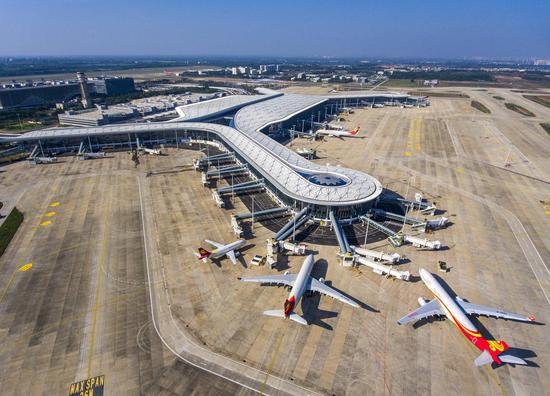
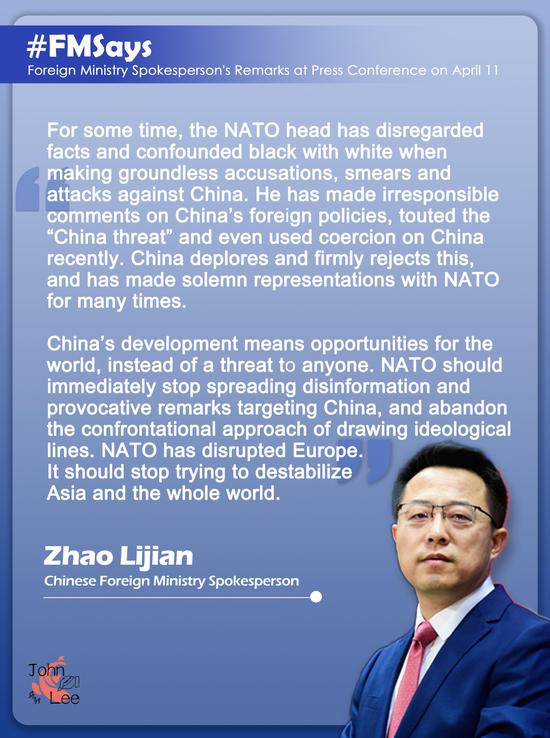
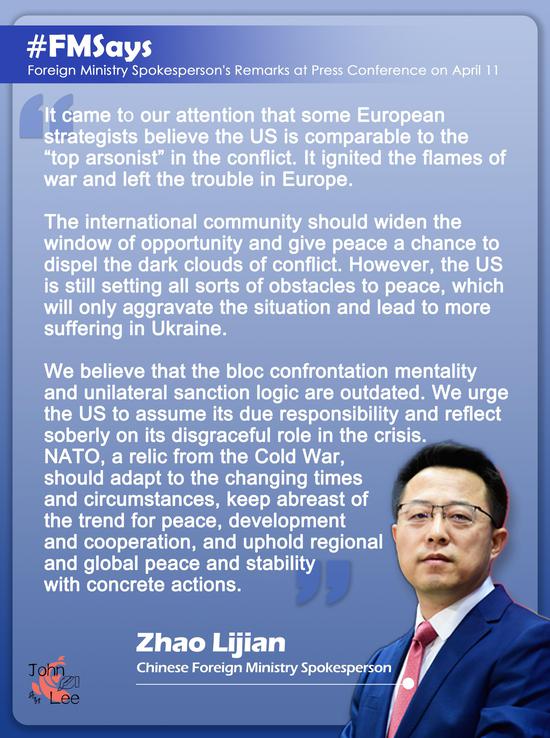

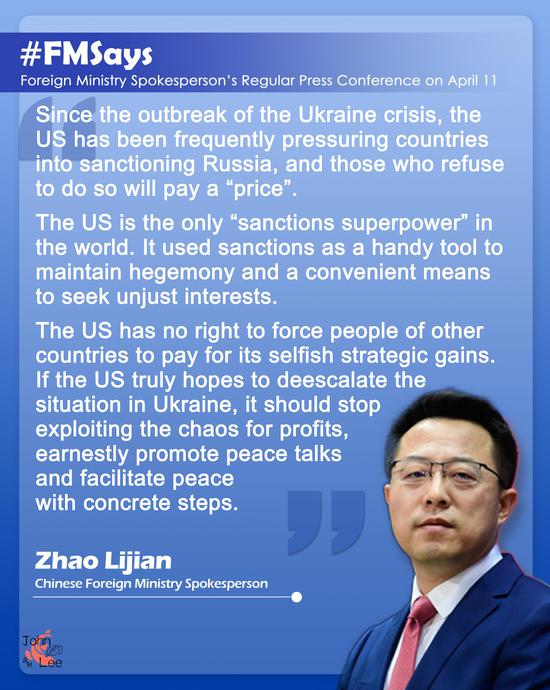

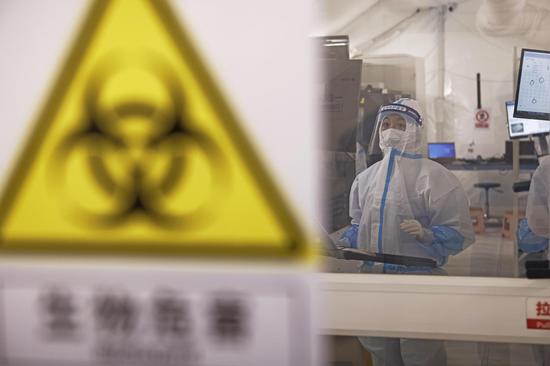
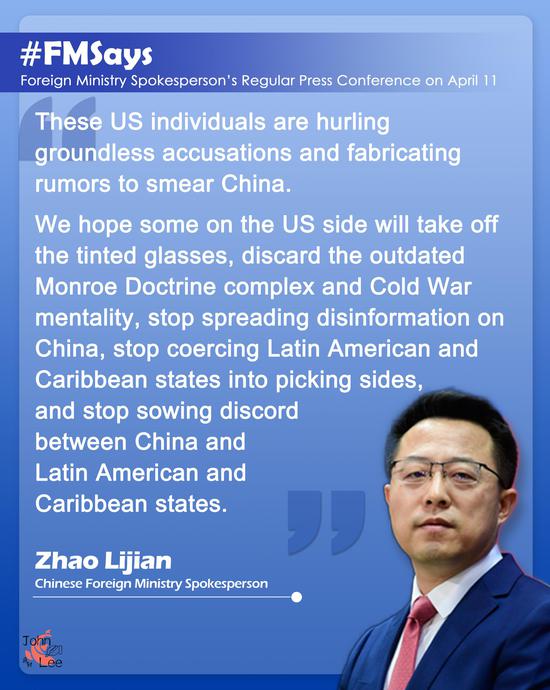
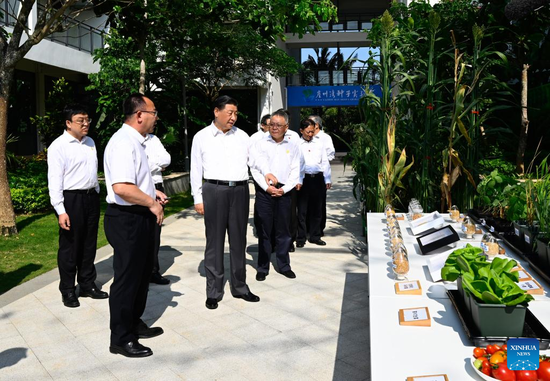

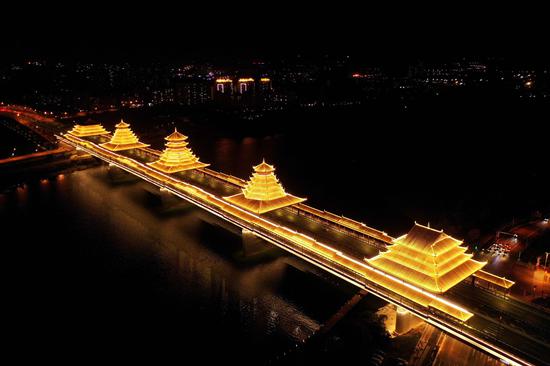


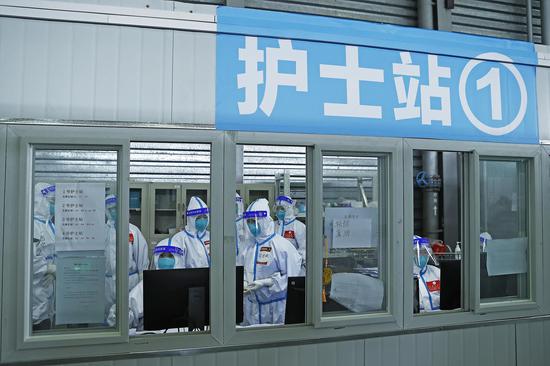

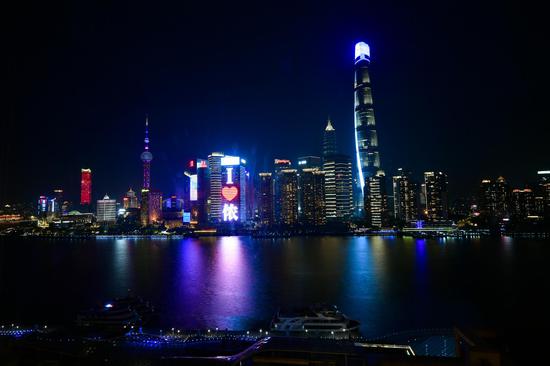
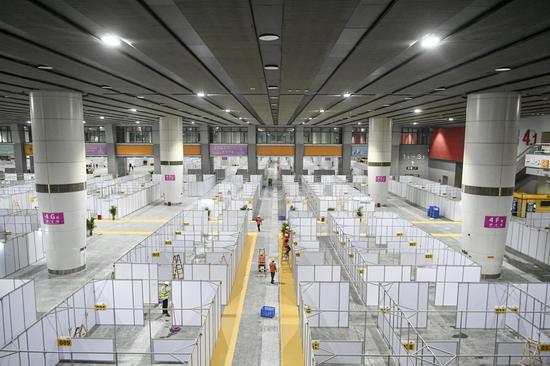
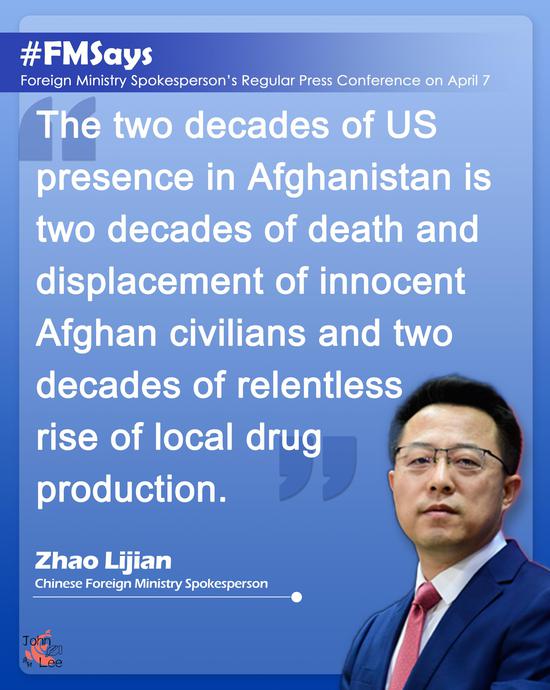
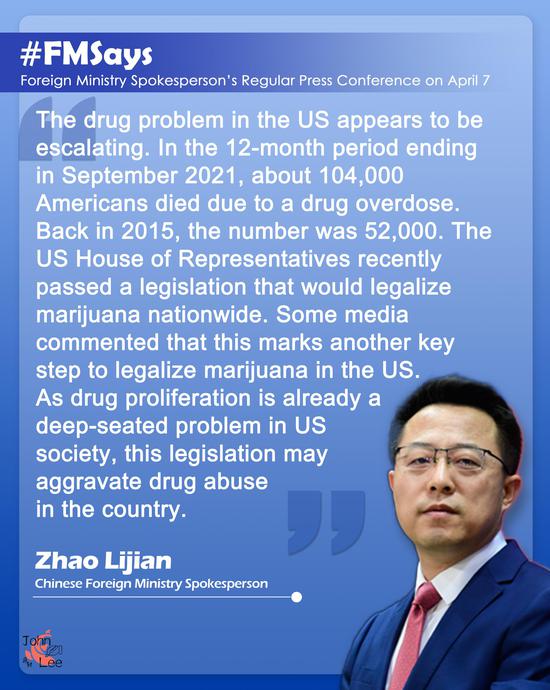

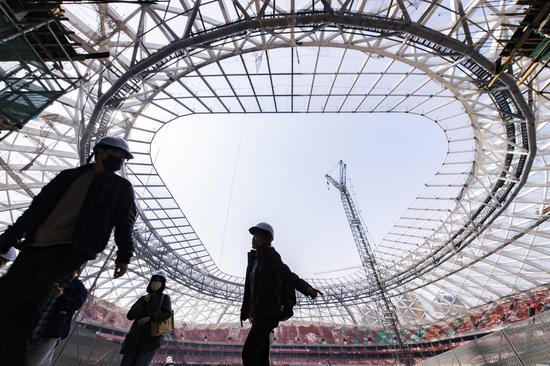
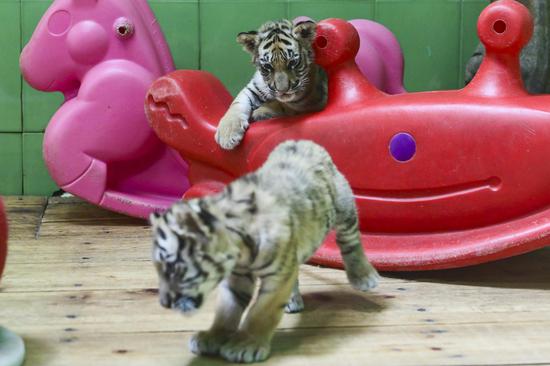
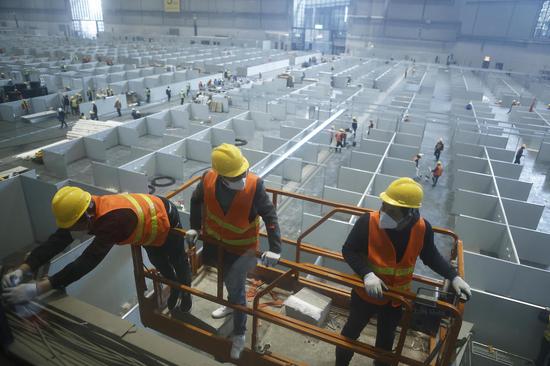
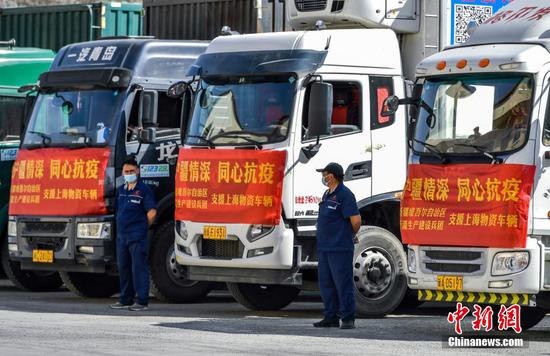

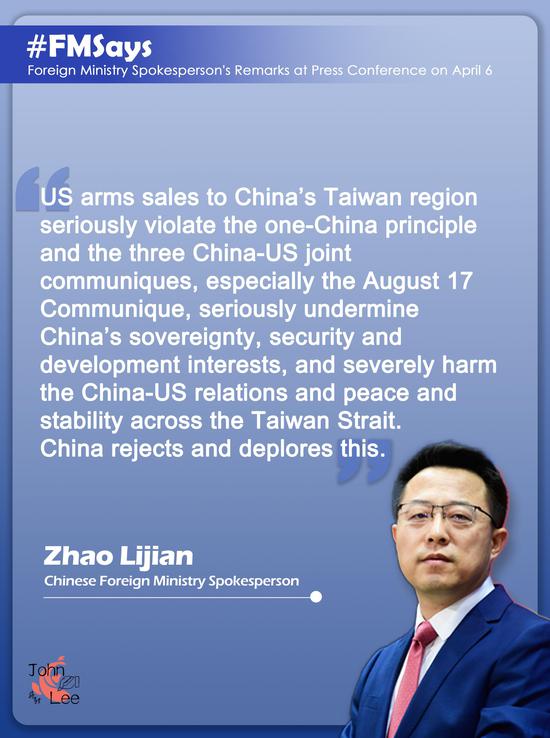
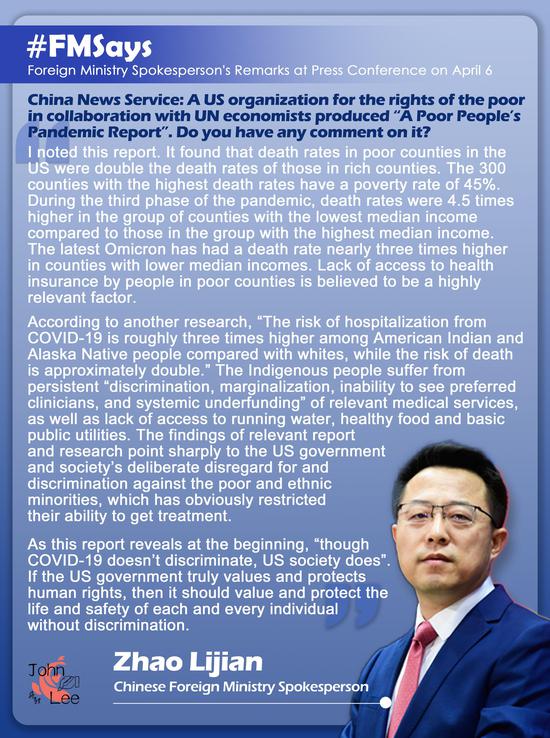
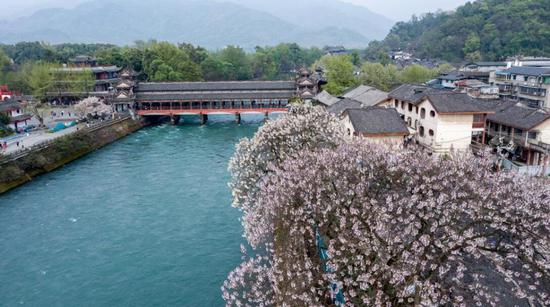


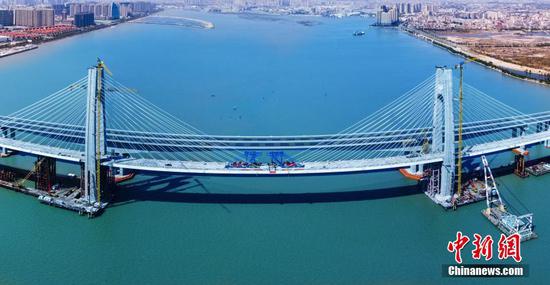
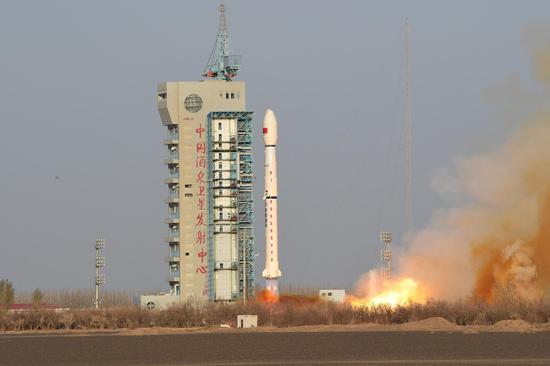
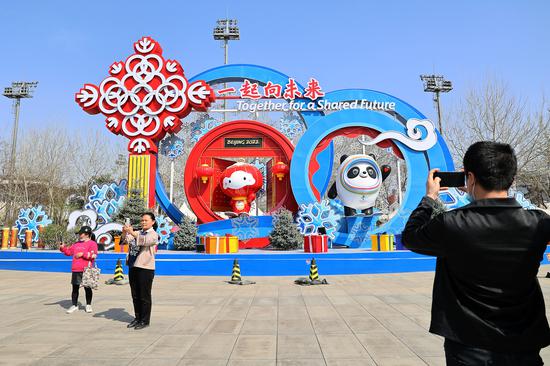
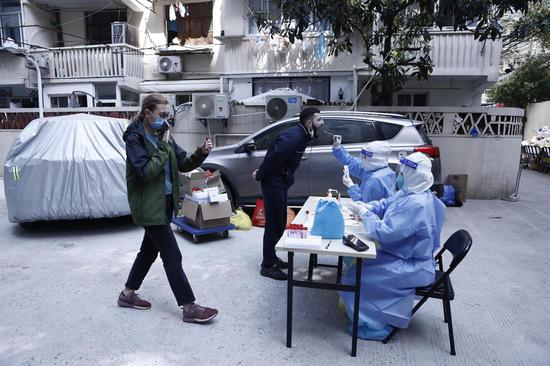
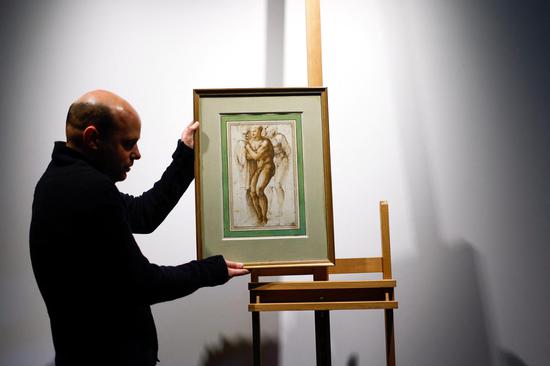

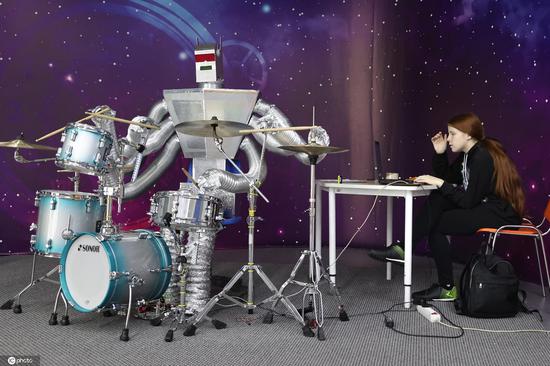





 京公网安备 11010202009201号
京公网安备 11010202009201号